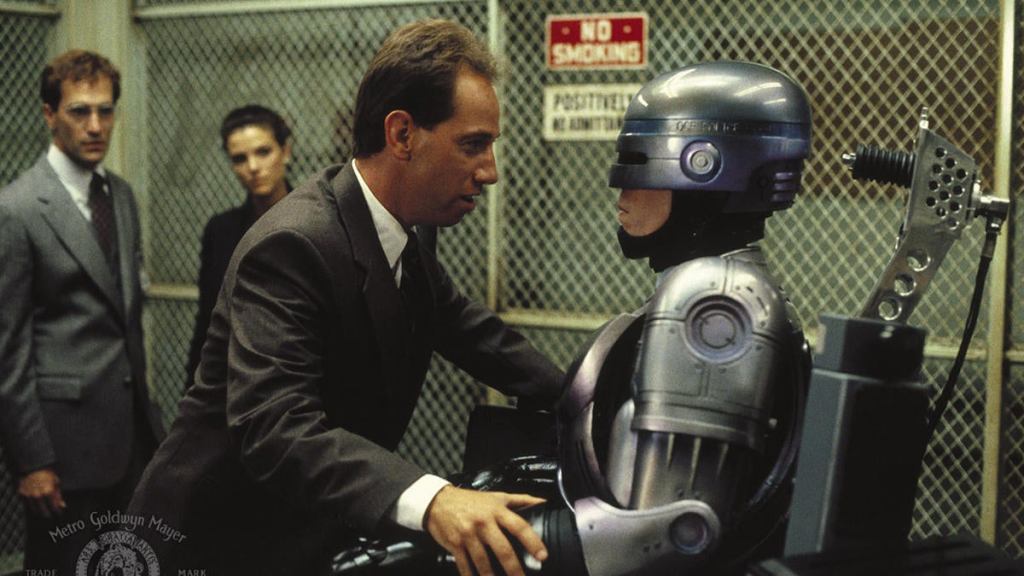Paul Verhoeven’s RoboCop and Total Recall are seminal sci-fi films, both of which earned disappointing reboots, and Verhoeven knows exactly what each revival got wrong about the source material. In the case of 1987’s RoboCop, Verhoeven thinks the 2014 reboot tweaked some of the narrative elements to entirely shift the tone into being something much more tragic, while the 2012 Total Recall opted to trade in the mysterious questions of the original movie for more obvious answers, which robbed the film of its magic. It’s also worth noting that, while both original movies earned R ratings, both reboots were only PG-13, though Verhoeven didn’t point out this connection in regards to why they fell short.
Videos by ComicBook.com
In the original RoboCop, Alex Murphy suffers a near-fatal attack and has his consciousness transferred into that of a robotic cop. Murphy doesn’t remember the incident that gave him his new body, while the reboot confirmed the character’s awareness of his journey.
“The problem there, I felt, was that he was really aware that he lost all his legs and arms. He knows it from the very beginning,” Verhoeven shared with Metrograph. “The beautiful thing about the original RoboCop, what makes it not just pure tragedy or whatever, is that he really does not know anymore. He gets a couple of vague flashes of memory when he goes to his old house, but RoboCop is not a tragic figure. Yes, he’s killed in the most horrible way in the beginning. But when we see him again as a robot, he doesn’t feel that. In the new one, because he remembers everything, he’s much more tragic. We wanted you to accept him at the beginning as a robotic cop. That’s what they did to him. In my opinion, I thought it was a problem to make him more tragic.”
Based on “We Can Remember It for You Wholesale” by Philip K. Dick, Total Recall explored a world in which someone could have false memories inserted into their heads, but when Douglas Quaid starts struggling to determine what’s real and what is fake, he uncovers an evil plan being orchestrated by a Martian dictator. While the original movie itself is a bombastic experience, it does show restraint in its narrative and in its explanations, which the reboot failed to replicate.
“I felt it had a lot of special effects, but this mystery — is it true or is it not true? — I just didn’t feel that anymore,” the filmmaker expressed. “The interesting thing about the original movie is that at the end, when Rachel Ticotin says, ‘Well, kiss me quick before you wake up,’ you still don’t really know if it’s real. Also, we had a wonderful composer, Jerry Goldsmith. I was so pleased with the piano motifs. Without all that, what do you have?”
While a new RoboCop is reportedly in development, there are currently no confirmed plans for a continuation of Total Recall.
What do you think of the filmmaker’s remarks? Let us know in the comments!









